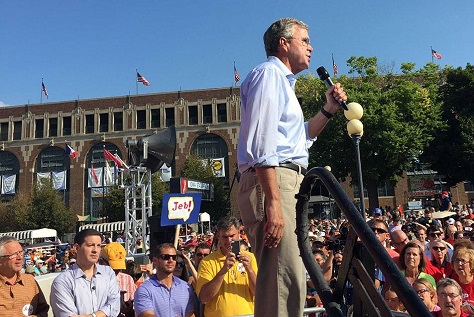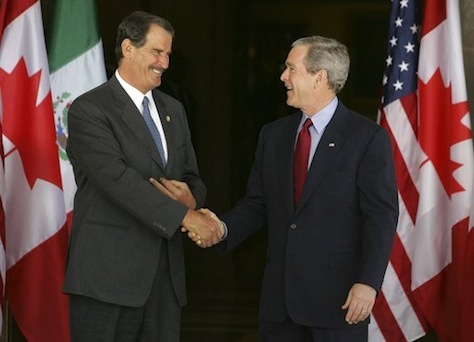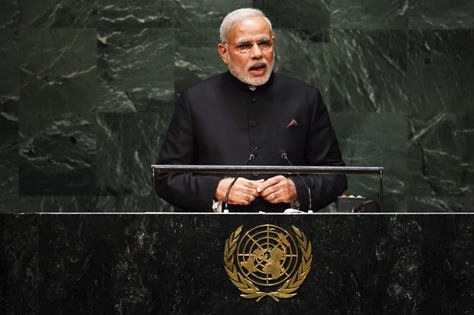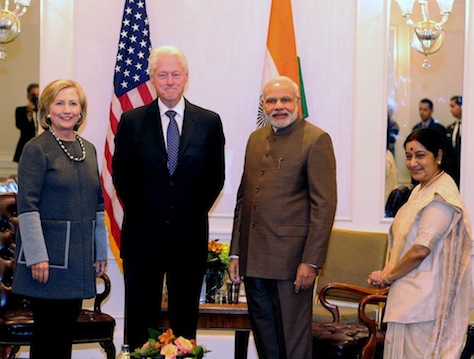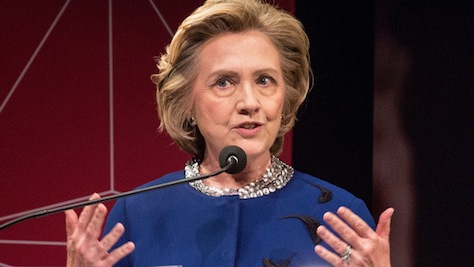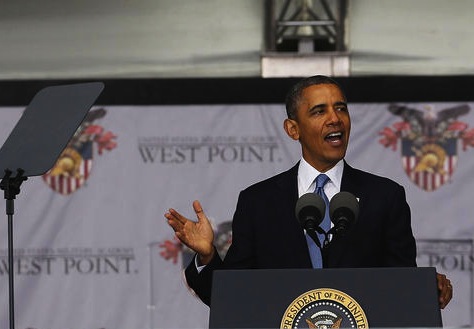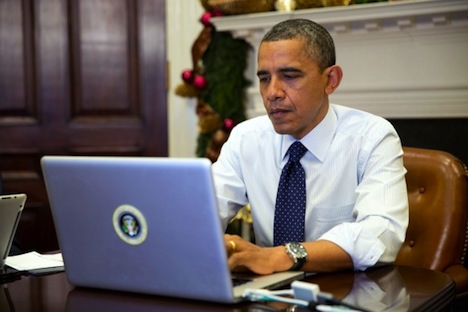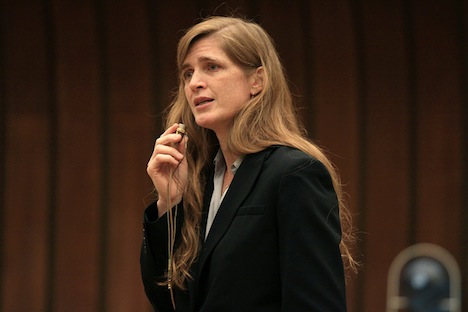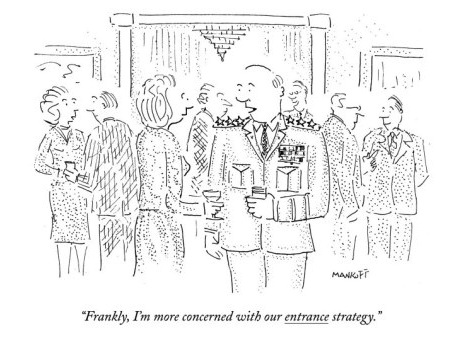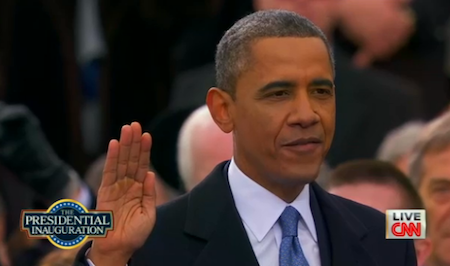
If there’s one thing we know about Bernie Sanders, he sure doesn’t like Henry Kissinger.![]()
And if there’s one fact that he likes to deploy in his foreign policy case against Hillary Clinton, it’s her vote authorizing the Iraq War 14 years ago, when Clinton was just in her second year as a senator from New York.
But aside from the Kissinger snark and some minor back-and-forth over US policy in Cuba, foreign policy played only a little role in Wednesday night’s Democratic presidential debate, and it’s played an equally minor role throughout the entire contest. On one hand, that’s because the Sanders insurgency has zeroed in on income inequality, the growing wealth gap and the role of wealthy donors in campaign finance. But it’s also because Clinton, whether or not you trust her judgment, is the most qualified non-incumbent candidate in decades when it comes to international affairs. In addition to her service in the US senate, she also served for four years as secretary of state and eight years as first lady. It’s truly formidable.
Yet, given Clinton-Sanders dynamic, there’s still a lot of space for Sanders to make a strong foreign policy case against Clinton, and time after time, Sanders just hasn’t made that case. Maybe that’s politically wise; shifting his emphasis from Wall Street and income inequality would dilute his message with an attack based on issues that seem far less salient to Democratic primary voters.
But it’s true that Clinton’s foreign-policy instincts have always been more hawkish than those in her own party and, often, those of president Barack Obama and vice president Joe Biden (who, according to Jeffrey Goldberg’s amazing piece in The Atlantic about Obama’s world view, said Clinton ‘just wants to be Golda Meir’).
To some degree, the problem with challenging Clinton on foreign policy is that Sanders would largely be challenging the Obama administration, and that’s tricky when you’re trying to win the votes of an electorate that still adores Obama. But Sanders certainly hasn’t shied away from stating clear differences with the Obama administration’s approach to domestic policy.
Moreover, to the extent that Sanders made a clear and cogent case on international affairs, he could claim that his more dovish approach represents true continuity with the Obama administration (and that Clinton’s more hawkish approach shares more in common with a potential Republican administration). There’s no doubt that Sanders is a talented politician; in one fell swoop, he could use foreign policy to drive a wedge between Clinton and the Obama legacy. That’s a very powerful tool, and it’s one that Sanders, so far, hasn’t been interested in wielding.
Fairly or unfairly, Sanders is tagged as a one-issue protest candidate, and he suffers from the perception that his candidacy’s purpose is to nudge Clinton further to the left, not to win the Oval Office. By adding a foreign policy element to his critique of the Democratic frontrunner, Sanders could bend a more skeptical media into taking him more seriously and show voters that he really can fill out what Americans expect from a president. In the 21st century, like it or not, the president is the chief policymaking official when it comes to foreign policy.
Given the stakes involved, it’s not too late for Sanders to make this case as the Democratic contest turns to larger states like Ohio, Illinois and Florida next week and, after that, Pennsylvania, New York, New Jersey and California. If he wanted to do so, there’s a long list of areas from which Sanders could choose.
Here are four of the most salient. Continue reading Four foreign policy arguments Sanders could still deploy against Clinton
